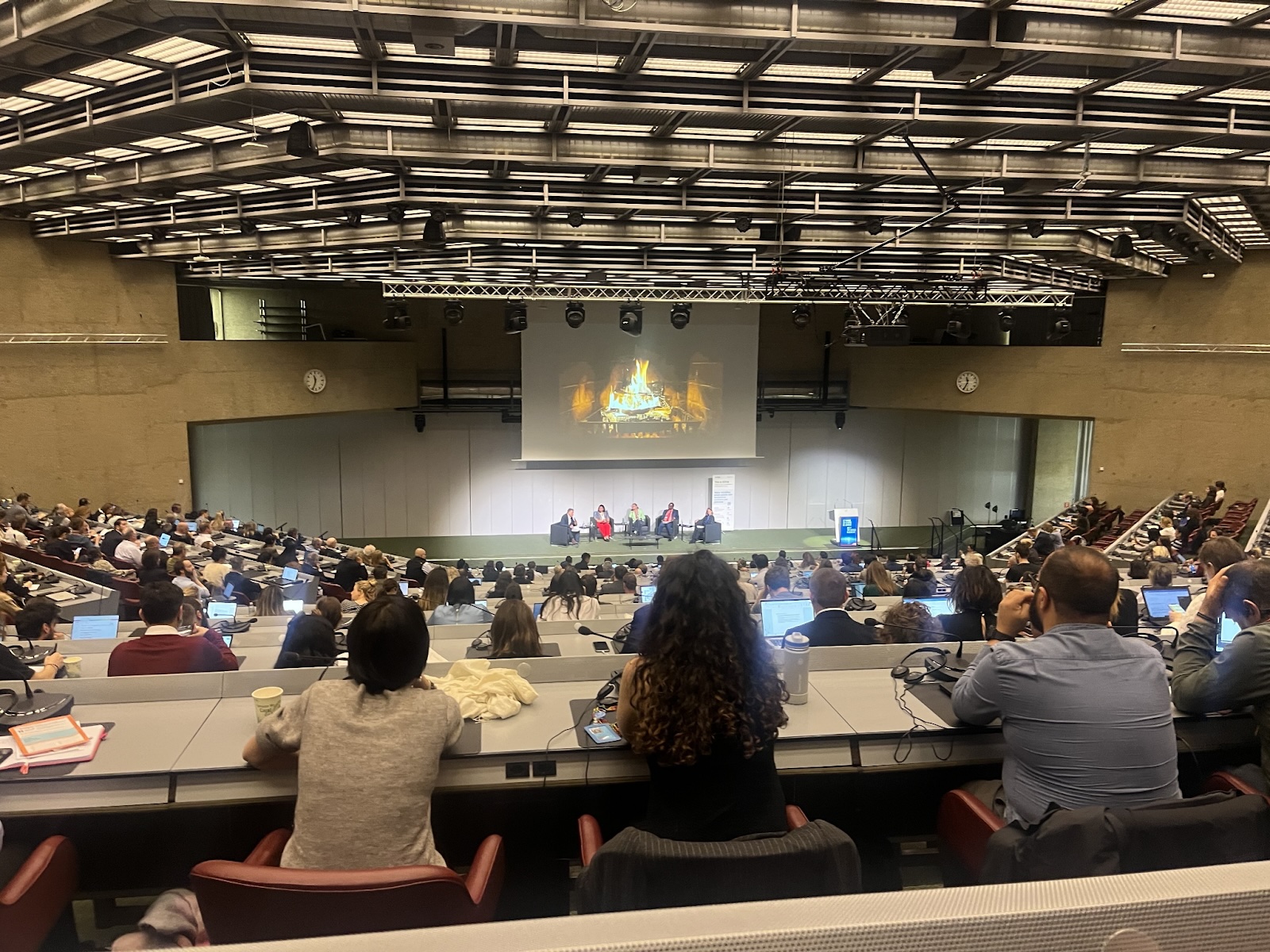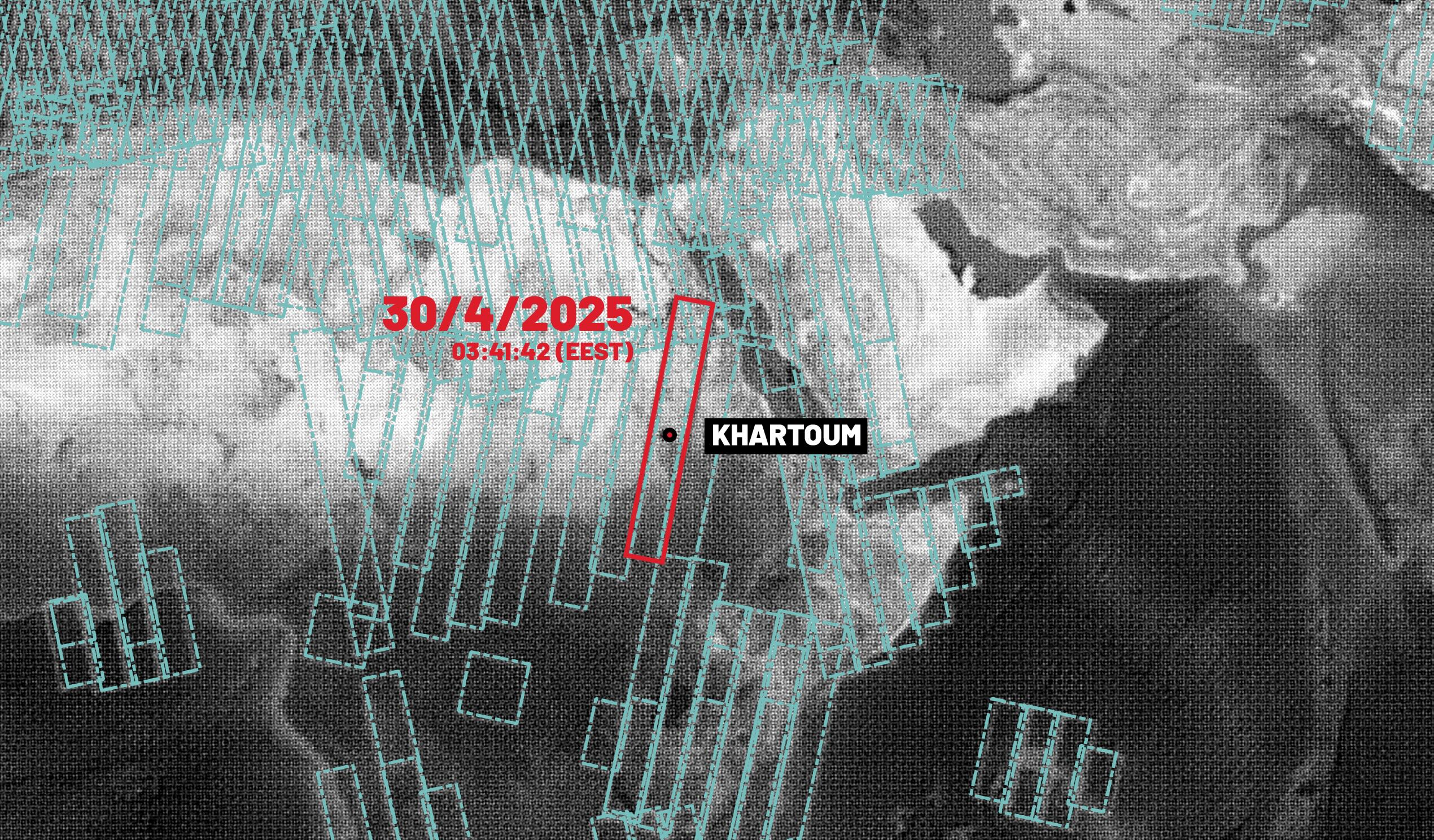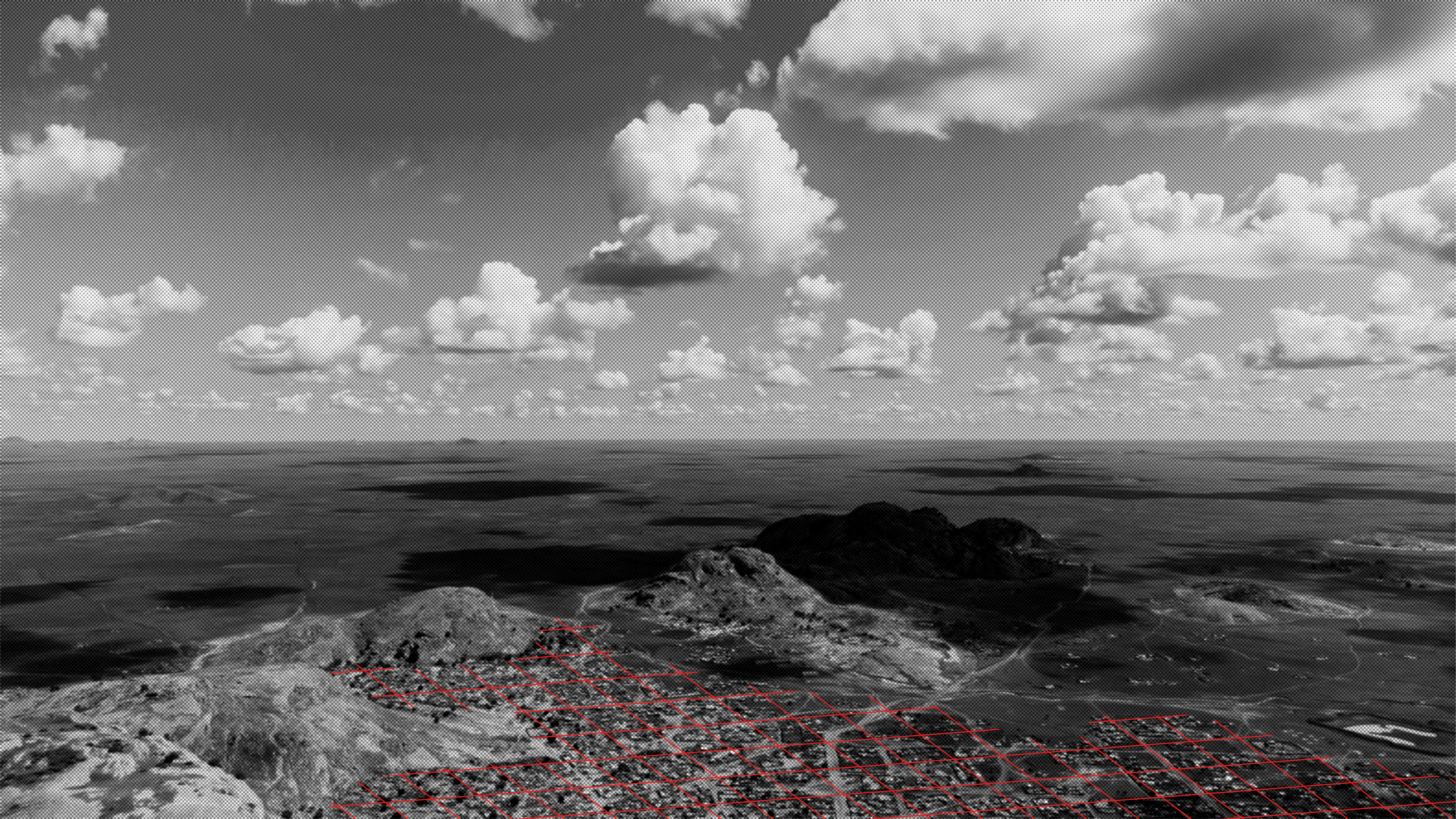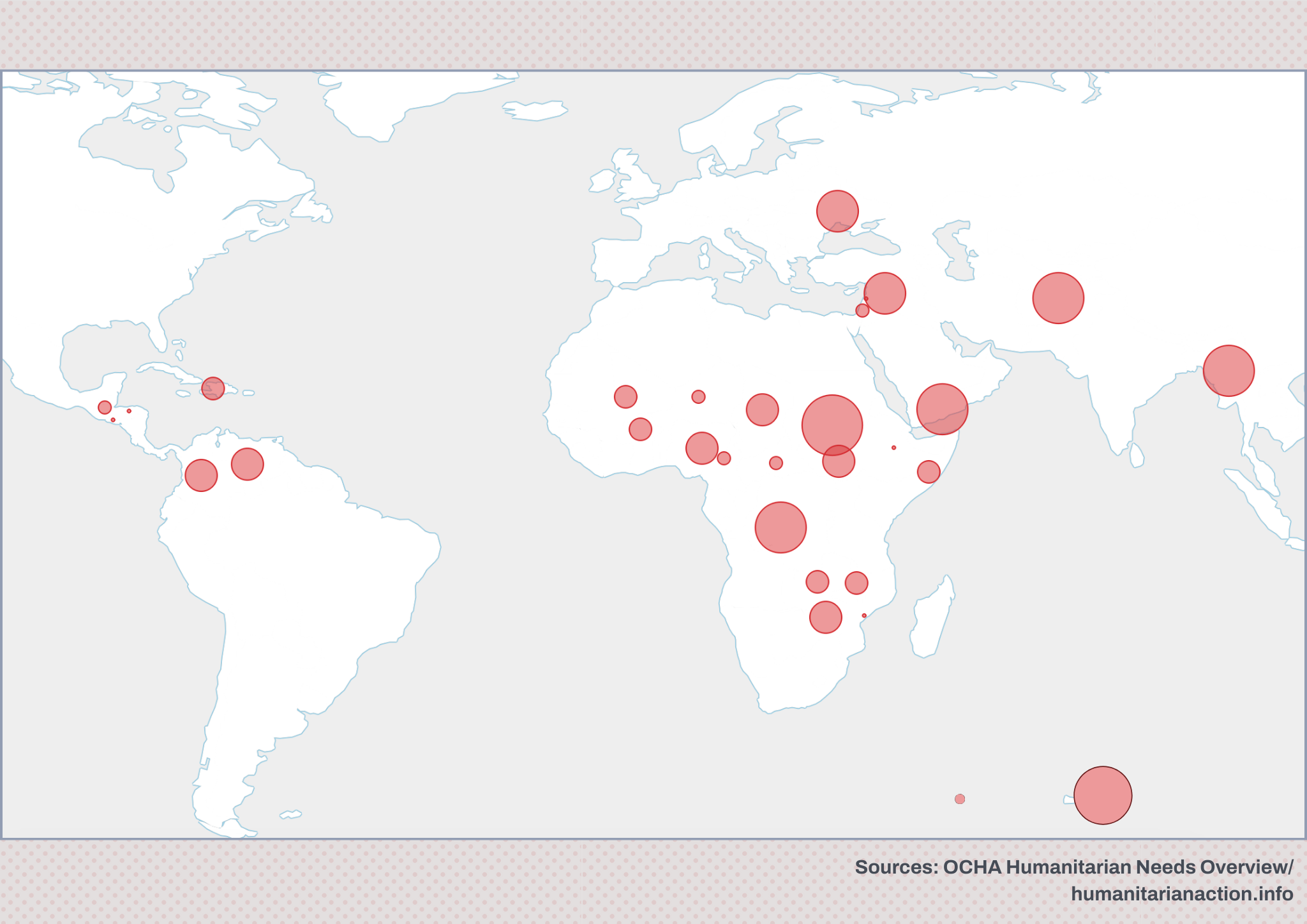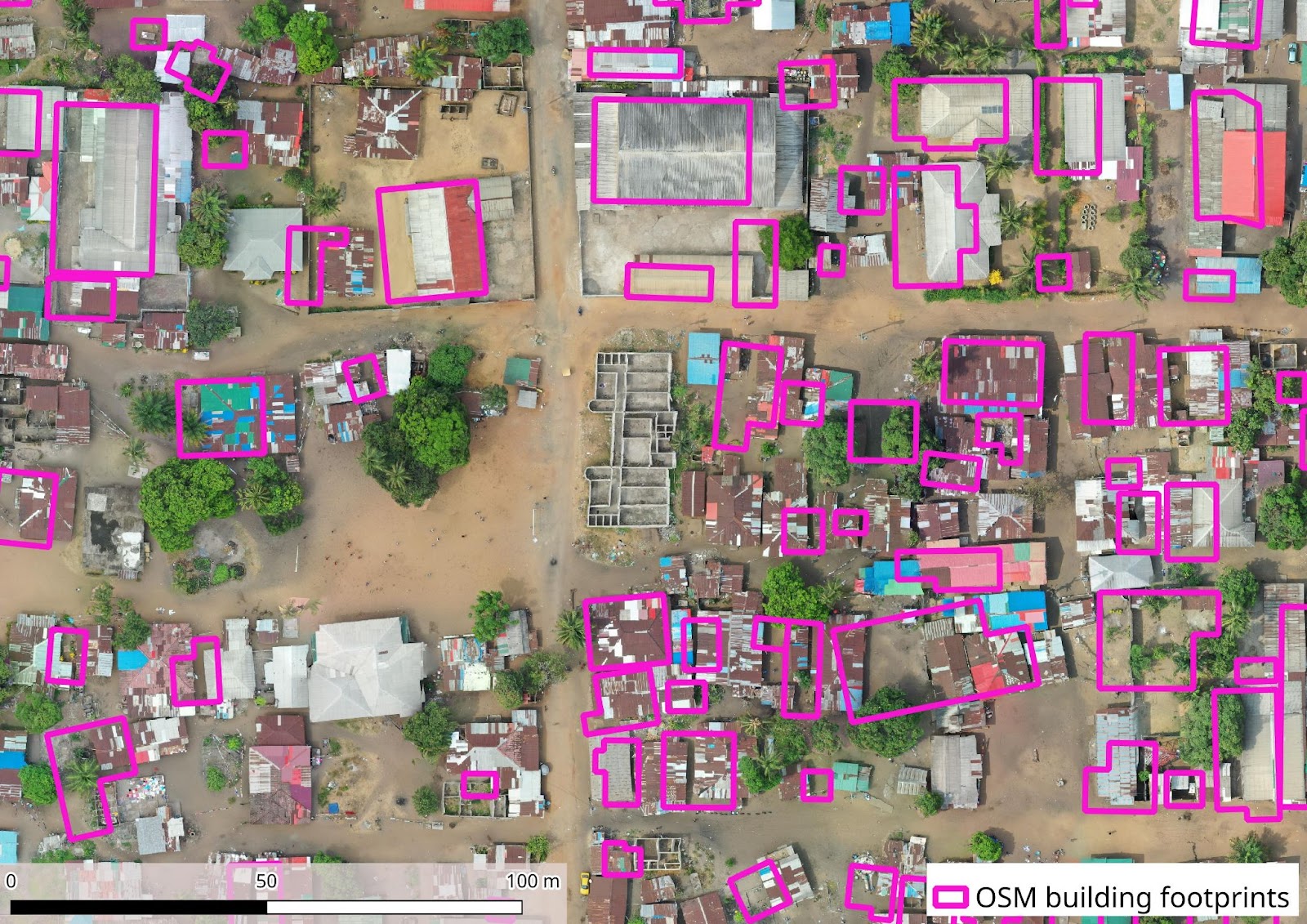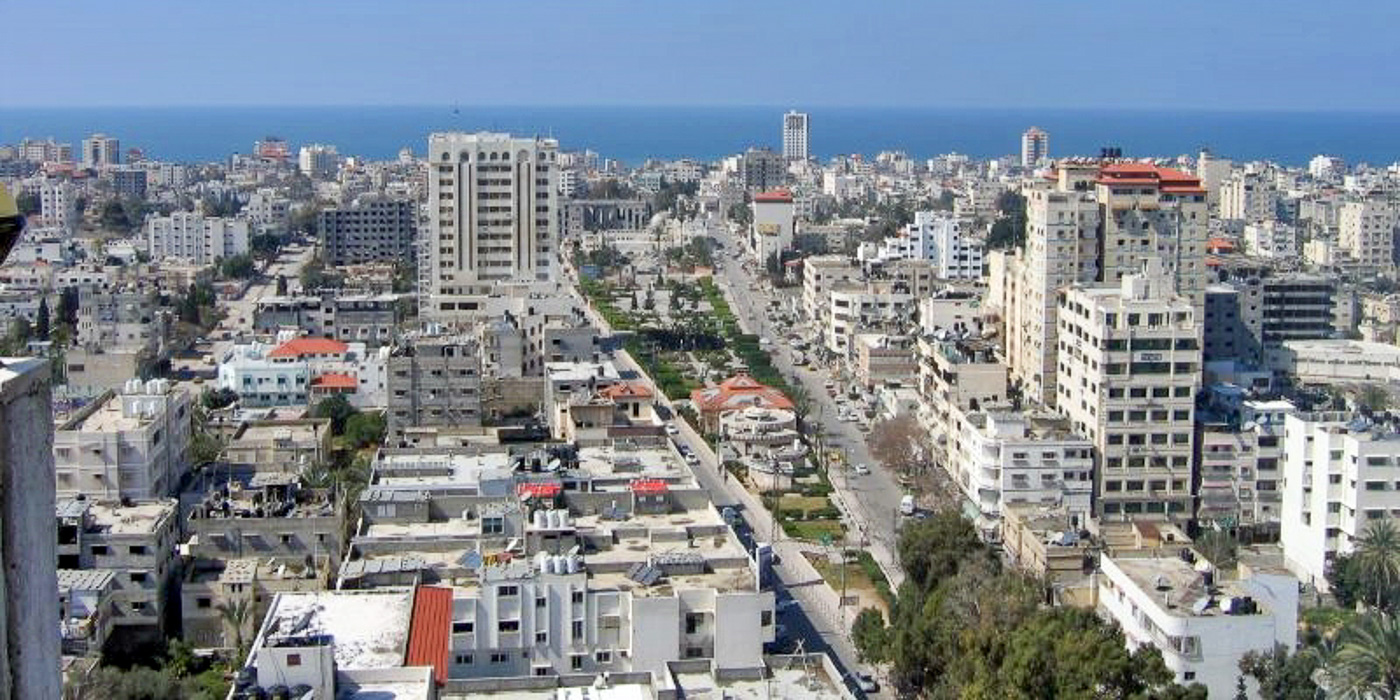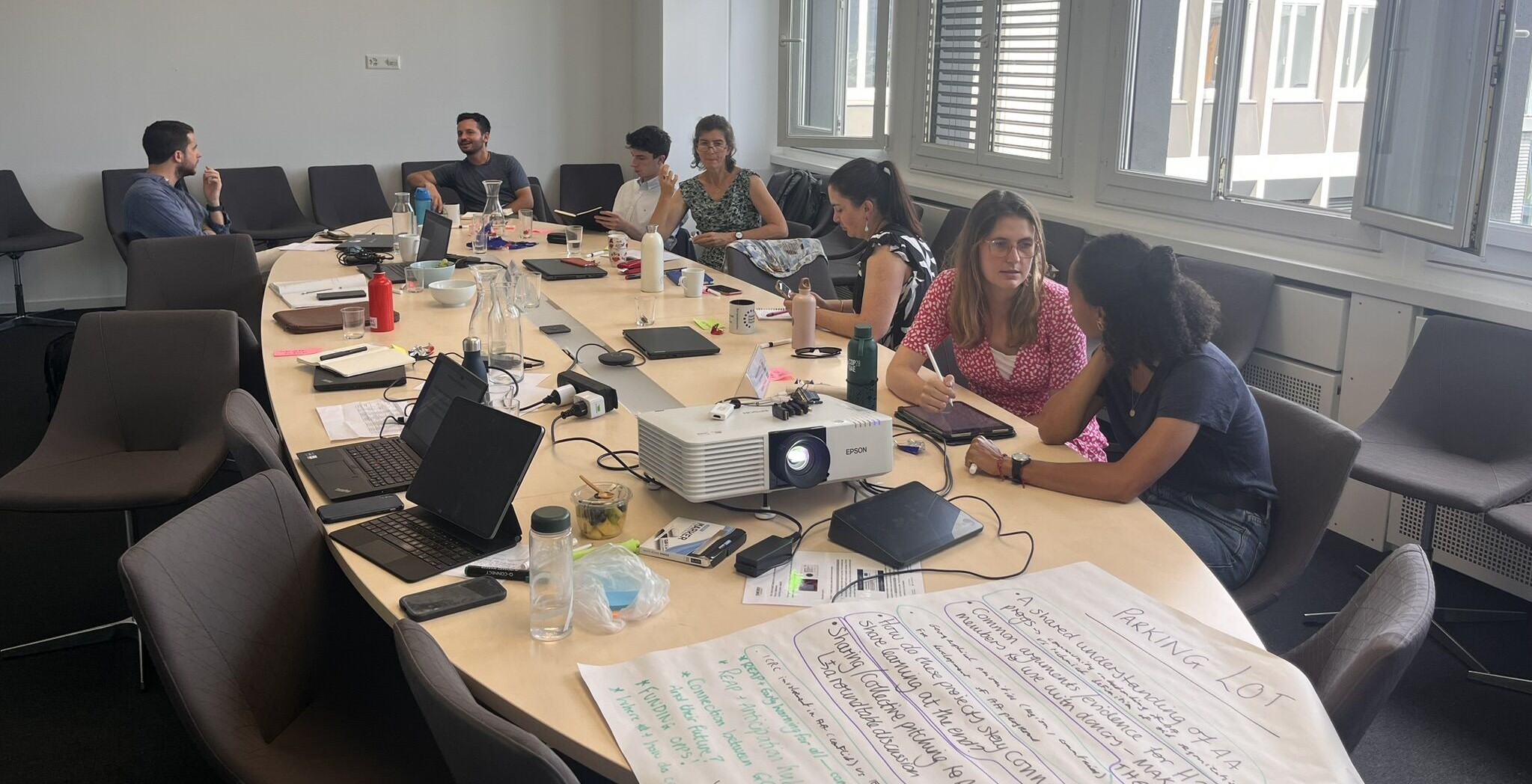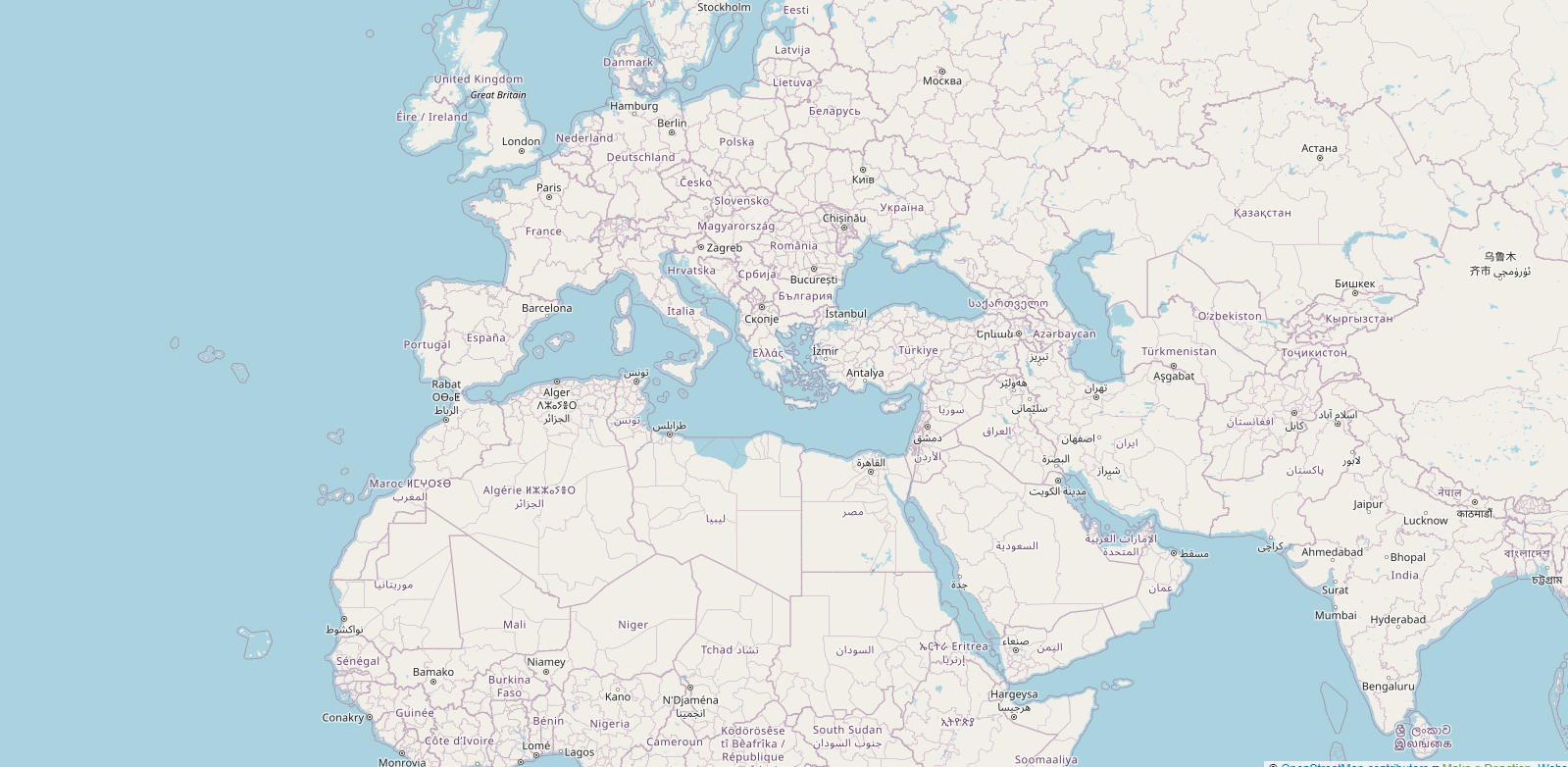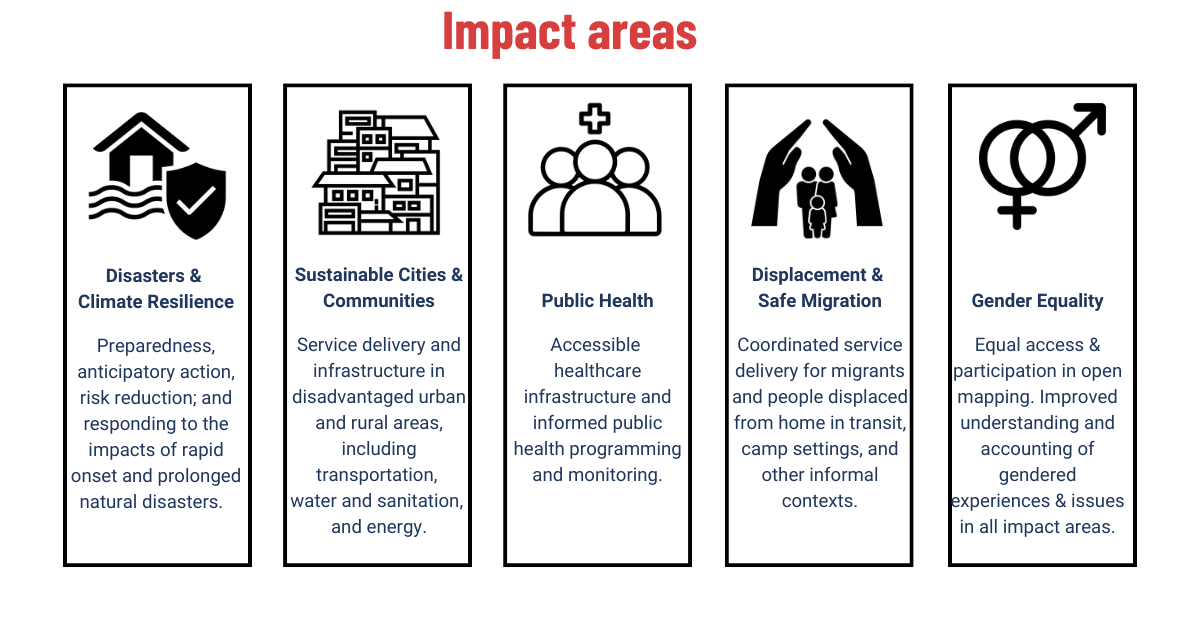
Jessica Pechmann
StaffGIS & IM Lead
Bio
Jessie is currently working with HOT as the Global GIS & IM Lead.
Jessie comes to HOT with over 10 years experience in geospatial technology across the public and humanitarian sectors. Immediately previous to HOT, Jessie worked to build IMPACT Initiatives’s GIS portfolio in the Middle East. In Syria, Jessie brought spatial data analysis and mapping tools to humanitarian and rapid needs assessments in Eastern Ghouta, Idleb, and northeast Syria. Jessie later managed IMPACT’s GIS and data team in Iraq, localizing the team and doubling the team’s capacity. Before IMPACT, Jessie was a GIS Project Manager for local government in the US.
Jessie loves working with people to incorporate data and mapping into their work to improve workflows and data visualizations. Nothing can tell a story better than a map! She holds a BA in Anthropology from Beloit College, and a Professional Master of Science and Technology with an emphasis in GIS from the University of Utah.
Posts
Humanitarian GIS Reflections in Mid-2025: A Collaborative Approach to Geospatial Data
Amid severe funding cuts in 2025, humanitarian GIS practitioners are prioritizing collaboration to avoid duplication and leverage shared resources like OSM. Spatial data—particularly OSM’s open, community-driven model—offers a resilient framework for coordinated crisis response, combining local knowledge with global standards.
OpenStreetMap Contributors Needed to Map Khartoum Ahead of New Radar Satellite Imagery
Over the past two years, conflict in Sudan has driven the country into one of the world’s largest humanitarian crises. Satellite radar coverage gaps have hindered efforts to assess damage to urban areas. With the launch of the Sentinel-1C radar satellite by the European Space Agency, that gap is beginning to close — but a comprehensive dataset of building footprints from OpenStreetMap (OSM) is essential to make this satellite data actionable.
Humanitarian Data Improvements in Sudan through OpenStreetMap
Humanitarian mapping in Sudan has been improving data quality in OpenStreetMap (OSM) in otherwise uncovered areas. For those interested in using this OSM data, Humanitarian OpenStreetMap Team is making it easier than ever to find what data (and where!) in Sudan has been updated.
Anunciamos nuestra Campaña de Mapas Abiertos para Necesidades Humanitarias
Ante la posible disminución de información sobre contextos humanitarios en los próximos meses, y mientras la comunidad humanitaria encuentra el camino a seguir, estamos lanzando una campaña de 90 días de Mapas Abiertos para Necesidades Humanitarias.
Announcing our Open Maps for Humanitarian Needs Campaign
Anticipating a potential drop in information on humanitarian contexts in the coming months, and while humanitarians find a way forward, we are launching a 90 day campaign of Open Maps for Humanitarian Needs.
Filling OSM Buildings Data Gaps for Recovery in Lebanon
Recent conflict has impacted the humanitarian situation in Lebanon. With damaged buildings estimated at up to 25% near the southern border, accurate data is needed to plan a humanitarian response. HOT is working with volunteers to crowdsource the mapping of pre-conflict building footprints to serve as a baseline dataset and improve the accuracy of damage estimates.
Will OpenStreetMap meet your needs? HOT’s move towards more data insights
In the spirit of FAIR data (findable, accessible, interoperable, and reusable) and with support from the H2H Network, HOT is improving the reusability of OpenStreetMap (OSM) data through improved metadata of its datasets.
The Power of Volunteers: Remote Mapping in Gaza and Other Conflict Areas
As damage reaches record levels in the Gaza Strip, expert volunteers coordinated by HOT have recently completed a 5-month project to create the most comprehensive building footprints dataset available for Gaza using OpenStreetMap. Looking at pre-October 2023 imagery, this effort added a net total of 59,223 buildings to the dataset and improved thousands of existing features. In this post, we share how our work in Gaza illustrates our approach to open mapping in conflict zones, and examines the potential role of artificial intelligence and machine learning (AI/ML) in the sector.
Humanitarian OpenStreetMap Team joins the H2H Anticipatory Action Accelerator
The Humanitarian OpenStreetMap Team (HOT) is excited to improve the humanitarian usability of open spatial data through OpenStreetMap (OSM) as part of H2H’s Anticipatory...
OSM vs GIS: What I’ve learned about OSM from a GIS Perspective
When I started at the Humanitarian OpenStreetMap Team (HOT) almost three years ago, I joined the organization with years of experience using geographic information systems (GIS) in the public and humanitarian sectors but little —okay, embarrassingly little— experience in OpenStreetMap (OSM).
Mapping the Way to Climate Resilience
HOT’s partnership with the Red Cross Red Crescent Climate Centre
Launching HOT’s responsible and ethical data framework
At the Humanitarian OpenStreetMap Team, we promote open and accessible data. What happens, though, when open data inadvertently brings attention to the location of something that could cause harm to the people in that area?
Lancement du programme de données responsables et éthiques de HOT
À Humanitarian OpenStreetMap Team, nous encourageons l’ouverture et l’accessibilité des données. Mais que se passe-t-il lorsque des données ouvertes attirent par inadvertance l’attention sur...
Las necesidades de datos cambian a lo largo del ciclo de vida de la gestión de desastres
Ya ha pasado dos meses desde que el primer terremoto de magnitud 7,7 sacudió Turquía y Siria el lunes 6 de febrero. Aunque se trata de una emergencia en curso con grandes necesidades humanitarias, ahora estamos pasando a una fase de apoyo continuo a las comunidades afectadas y el inicio de los esfuerzos de reconstrucción donde sea factible hacerlo. A medida que cambia la fase de la respuesta a desastres, también cambian las necesidades de datos y los requisitos de datos y calidad.
Changing Data Needs Through the Disaster Management Lifecycle
We’re now about a month and a half after the initial 7.7 magnitude earthquake hit Turkey and Syria on Monday, 6 February. Even though it is an ongoing emergency with vast humanitarian needs, we are now moving into a phase of continuing support to the affected communities and the start of rebuilding and reconstruction efforts where it is feasible to do. As the phase of disaster response changes, so do the data needs and data and quality requirements.
Using OSM Data in the Turkey and Syria Earthquake Response
In the aftermath of the Syria-Turkey earthquake, OSM is allowing responders to quickly access up-to-date maps and geospatial data to aid in search and rescue efforts, access and contextualize damage assessments, and plan relief and recovery efforts. Here are the data sets available for response organizations and examples of how they are being used.
Why all this data? Using OSM data in HOT’s 5 Impact Areas
OpenStreetMap (OSM) was created to provide and enable the free and open creation of geospatial data, regardless of background, location or budget. And it works! Since its creation in 2005, OSM has grown to include ever expanding and deepening coverage of various base map layers and has now widely become a go-to spatial data platform for many users.
Data Principles
At HOT, open mapping communities and program teams face unique challenges in how we work with data:
La cartographie en situation de conflit
Des événements et des expériences récentes, dont les événements survenus l'an dernier en Afghanistan et la guerre en Ukraine, ont incité HOT - et l'ensemble de la communauté de cartographie humanitaire - à réexaminer ce qui peut être fait dans le context de OpenStreetMap, sur le plan éthique et pratique, pour aider les populations touchées par des conflits.
Mapping in Conflict
Recent events and experiences, including last year’s developments in Afghanistan and the war in Ukraine, have prompted HOT—and the wider humanitarian mapping community—to revisit what can be ethically and practically done to help people caught in conflict within the context of OSM.


